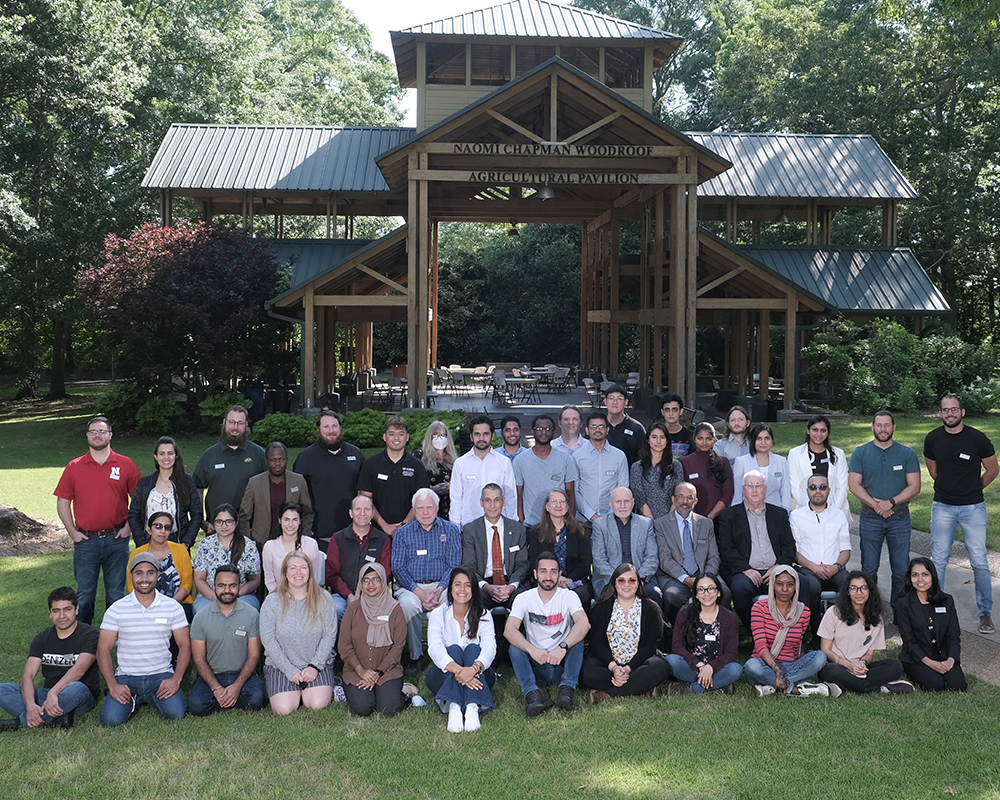
From May 17-22, representatives from around the world gathered to learn about the latest version of the Decision Support System for Agrotechnology Transfer (DSSAT) computer software program.
Since 2002, the University of Georgia has hosted a DSSAT workshop at its Griffin campus each year. The meeting draws international attendance and focuses on DSSAT’s newest updates. Due to COVID-19 restrictions, the workshop had to cut attendance in half this year; however, the 35 individuals in attendance represented the United States, Bangladesh, Brazil, Colombia, Costa Rica, Egypt, Ecuador, Haiti, India, Pakistan, Mexico, Nepal, Nigeria, and Taiwan. Dr. Upendra Singh and Dr. Willingthon Pavan represented IFDC at the workshop by giving lectures, assisting during exercises, and strengthening IFDC’s network.
Dr. Pavan noted, “It was amazing to finally get back to “normal” and teach for the first time since this pandemic started. The DSSAT workshop is where you get feedback from real users. They are there to learn and apply their data, looking for results for their “What If’s.” There the research rocks.”
The DSSAT crop modeling ecosystem helps researchers predict growth, development, and yield of many cereals, grain legume, root, vegetables, and other crops in response to genetics, weather, and management. In the early 1990s, a team of researchers from the universities of Florida, Hawaii, Guelph, Michigan State University, and IFDC created the computer program to better understand agricultural systems and environmental influences to make predictions that give farmers the best options for their crops.
DSSAT’s current form can model growth, yield, irrigation, and fertilization requirements for 42 different crops, with an added benefit of predicting regional environmental impact; the computer program has been used by more than 16,500 researchers, educators, consultants, extension agents, and growers in over 174 countries worldwide.
For more information on DSSAT, visit dssat.net.




